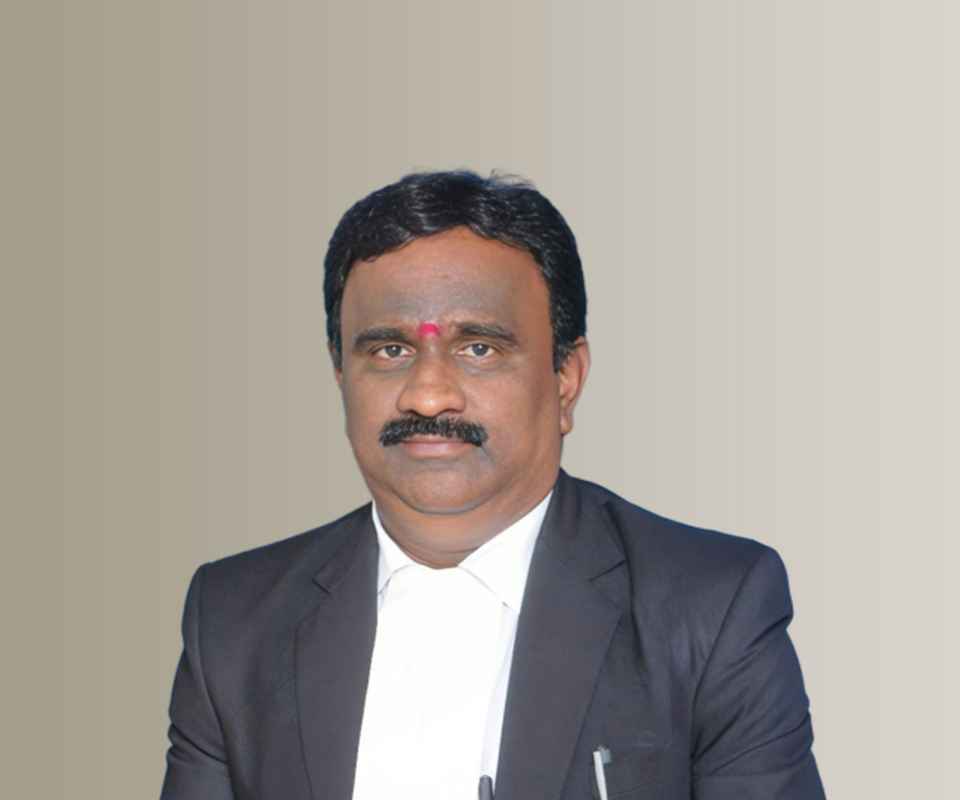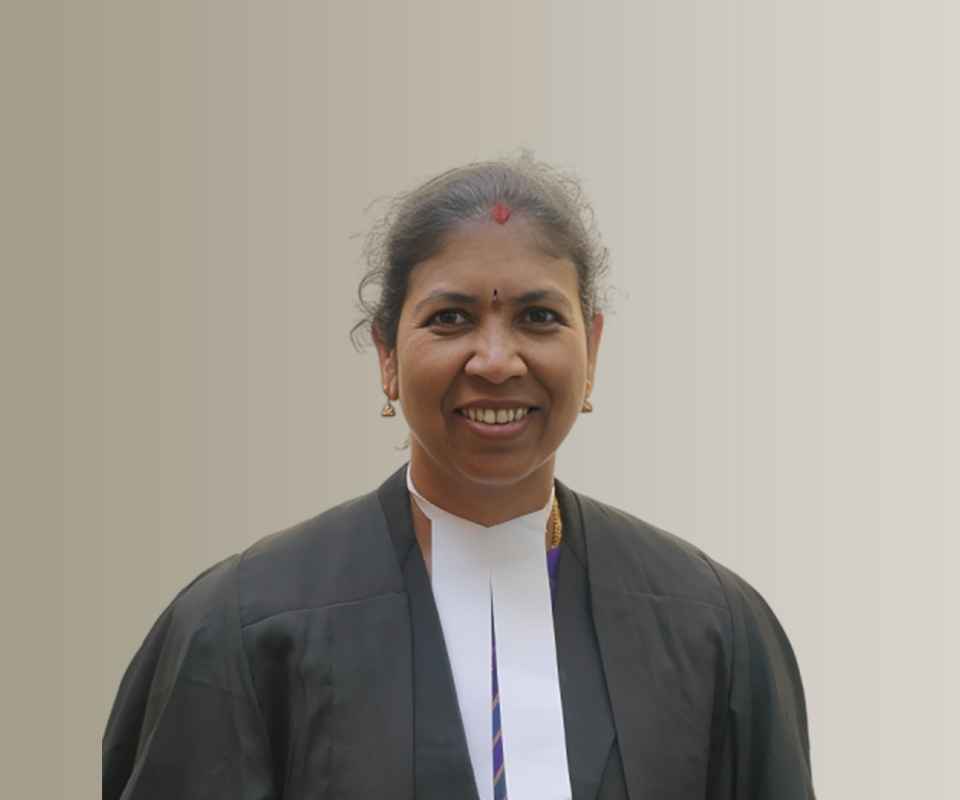Answer By law4u team
The Armed Forces Tribunal (AFT) is a specialized judicial body established to provide quick and efficient justice for members of the Indian Armed Forces (Army, Navy, Air Force) and other related military personnel. The tribunal was created to adjudicate disputes, grievances, and appeals related to service matters and ensure that the military personnel have a platform to seek legal recourse for issues arising during their service.
What Is the Armed Forces Tribunal (AFT)?
Establishment and Legal Basis:
The Armed Forces Tribunal (AFT) was established under the Armed Forces Tribunal Act, 2007, to address grievances related to the armed forces.
It came into existence on 1st July 2009 and has its jurisdiction over disputes involving members of the armed forces, including regular and retired personnel, pensioners, and their families.
The AFT was created to ensure that military personnel have a dedicated and speedy judicial mechanism to resolve their disputes, without waiting for long periods in regular courts.
Functions of AFT:
- Dispute Resolution: The tribunal resolves disputes between military personnel and the government or between service members and their superiors related to service conditions, benefits, pensions, promotions, and other issues arising during their service.
- Grievances Handling: It acts as an alternative to civil courts, providing a platform for service members to file grievances or complaints regarding their service terms, pay, pension, promotion, or disciplinary actions.
- Appeals: The tribunal hears appeals against decisions made by the military authorities, including those concerning discharge, dismissal, retirement, or any adverse decisions that affect the career or benefits of military personnel.
- Advisory Role: The tribunal can also offer advice on legal matters related to the armed forces, acting as a quasi-judicial body.
Jurisdiction of AFT:
The tribunal has jurisdiction over all service matters related to the Indian Army, Navy, Air Force, and the Coast Guard. It includes both active personnel and retired members, along with matters related to their families and pensions.
It deals with issues such as service conditions, disciplinary actions, promotions, retirement benefits, pensions, medical benefits, and discharge procedures.
The AFT also handles complaints regarding the violation of fundamental rights of military personnel, including cases related to discrimination, illegal dismissal, and other grievances arising during service.
Structure of the Tribunal:
The AFT is headed by a Chairperson, who is a retired Supreme Court Judge or a High Court Judge. It also consists of other members, who are typically former senior officers from the armed forces with a minimum rank of Major General, Commodore, or Air Vice Marshal, as well as judicial members who have legal expertise.
The tribunal is divided into regional benches located in cities such as New Delhi, Chennai, Kolkata, and Lucknow, among others, to facilitate access for military personnel stationed across the country.
Procedure for Filing a Case in AFT:
Filing a Complaint:
To file a case in the Armed Forces Tribunal, military personnel (serving or retired) must submit their complaint in the prescribed format along with relevant documents to the AFT bench.
Jurisdictional Area:
A case should be filed in the AFT bench that is geographically closest to the individual or the issue, or at the headquarters of the respective service.
Time Limit:
A grievance or appeal must generally be filed within six months from the date of the impugned decision, though the tribunal may extend the period if sufficient reasons are provided.
Hearing and Judgement:
After submission, the AFT examines the case, hears both parties, and passes a judgment. If the person is dissatisfied with the decision, they can appeal to a higher bench or the Supreme Court.
Advantages of the AFT:
- Specialized Tribunal: The AFT is a specialized forum for addressing grievances unique to the armed forces, such as matters related to military discipline, pensions, and service conditions, making it more suited to handle such cases compared to regular courts.
- Faster Resolution: The tribunal ensures that military-related cases are handled expeditiously and avoids the delays that are often encountered in regular courts.
- Veteran-Friendly: For retired service members, the AFT provides a platform for justice related to pension and retirement benefits, which are critical issues after leaving the armed forces.
- Non-Intimidating: For military personnel, the AFT offers a less formal and more approachable environment for resolving disputes compared to traditional courts.
Appeal Process:
A decision by the AFT can be appealed to the Supreme Court of India if the individual is not satisfied with the tribunal's verdict.
Appeals should be made within a stipulated time frame, and the Supreme Court may either uphold, modify, or reverse the AFT’s decision.
Importance for Armed Forces Personnel:
The AFT ensures that military personnel, including retired members, can resolve their grievances regarding service matters without fear of bias or delays.
It offers a streamlined process for the protection of rights, which is essential for maintaining discipline and morale in the forces.
With its specialized structure and procedures, it helps create a more transparent and fair system for grievance redressal within the military community.
Example:
A retired Army officer receives a lower pension than what was promised upon retirement. The officer files an appeal with the Armed Forces Tribunal stating that his pension calculation was erroneous and not in line with his retirement benefits. The AFT reviews the documents, hears both sides, and orders the correct calculation of the pension with arrears to be paid to the officer.
Conclusion:
The Armed Forces Tribunal (AFT) plays a crucial role in ensuring justice and fairness for military personnel by providing a dedicated platform for resolving service-related grievances and disputes. By addressing matters swiftly and with expertise, the AFT has become an essential judicial body for members of the Indian Armed Forces, offering them a mechanism to seek redressal in a timely and efficient manner.







